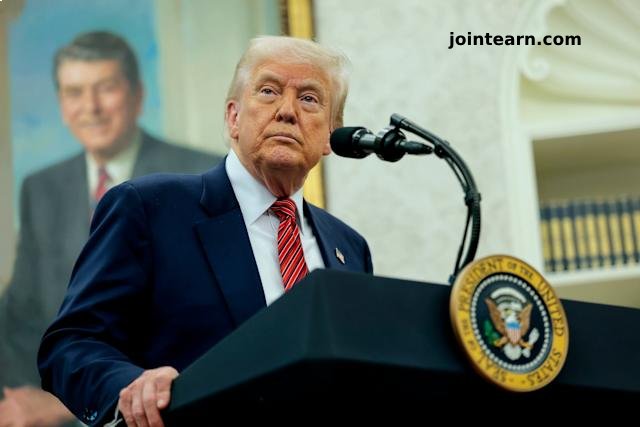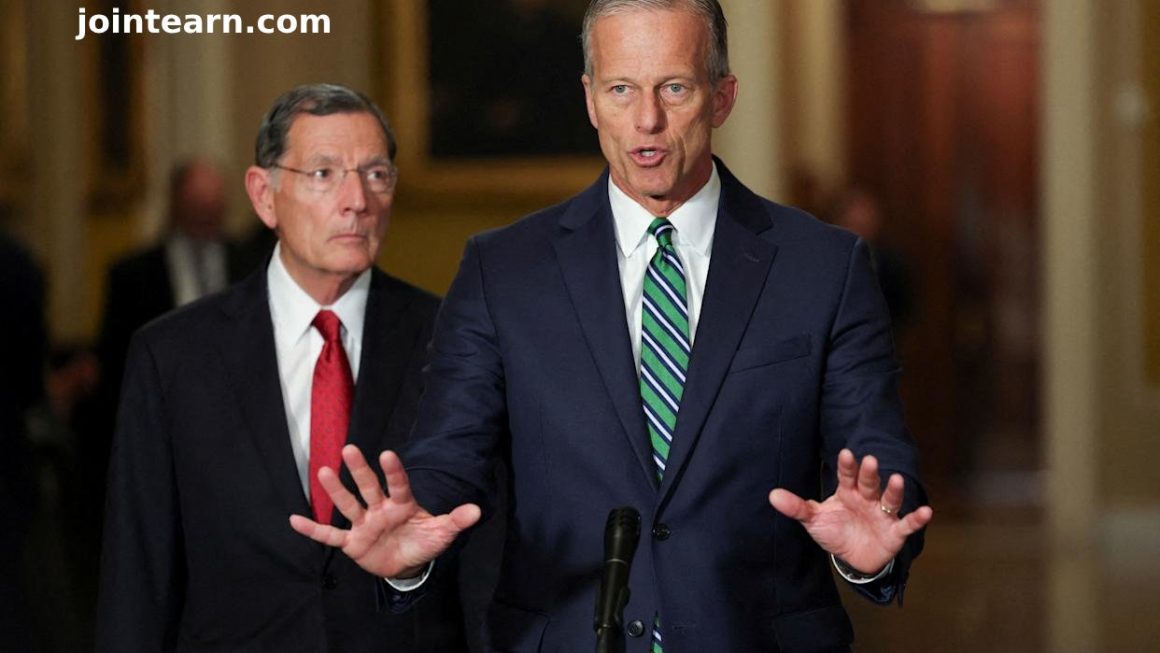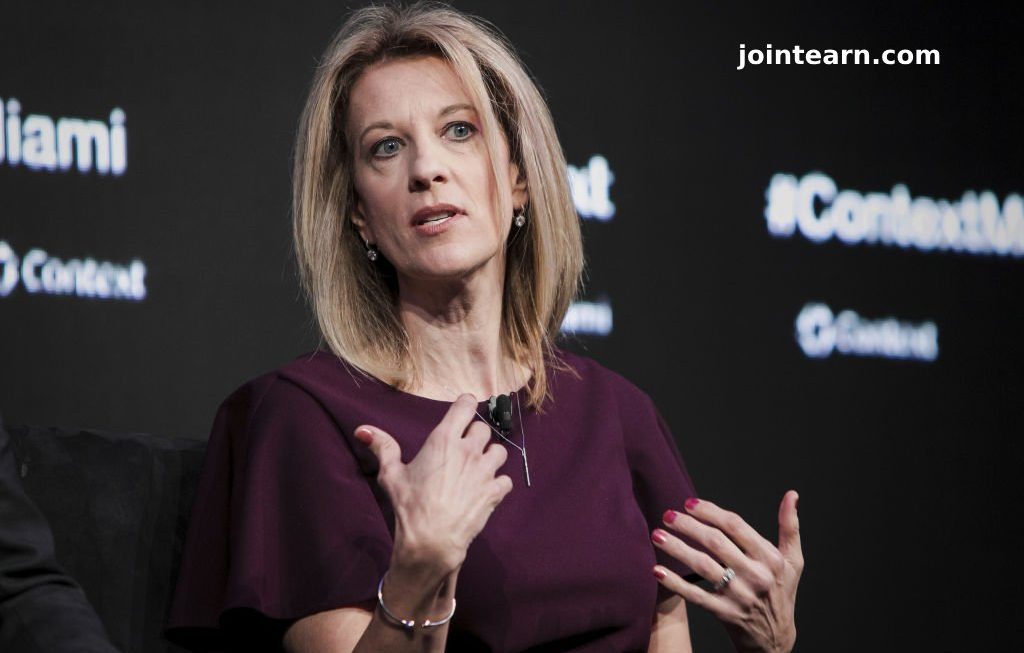Donald Trump’s proposed tax hike on millionaires is back on the table amid ongoing GOP tax negotiations. While this proposal, which includes increasing taxes on the wealthiest Americans, challenges traditional Republican principles, tax experts suggest it may not make a significant dent in the financial power of the ultra-rich.
As Congressional Republicans continue to navigate fiscal policy, President Trump has once again called for raising taxes on high earners. According to recent reports from The New York Times and Fortune, Trump urged House Speaker Mike Johnson to create a new tax bracket for individuals making over $2.5 million annually.
Trump’s Proposal: Raising Taxes on High-Income Earners
In addition to the new tax bracket for the wealthiest Americans, Trump is also considering eliminating tax loopholes that allow finance professionals, such as hedge fund and private equity managers, to benefit from lower tax rates. The proposal also includes taxing corporate stock buybacks—moves aimed at appealing to the MAGA base, which prioritizes the interests of working-class Americans.
Former Trump strategist Steve Bannon has also expressed support for increasing taxes on the wealthy, highlighting the unsustainable nature of the current tax system. However, experts argue that even with these new tax increases, the impact on the ultra-rich would be minimal.
Will a Millionaire Tax Make a Real Difference?
The proposed tax increase on individuals earning over $2.5 million—raising the tax rate from 37% to 39.6%—would generate approximately $8.2 billion in revenue, but it would affect only around 80,000 households. Howard Gleckman, a senior fellow at the Urban-Brookings Tax Policy Center, argues that this is largely a symbolic gesture that won’t significantly reduce income inequality or substantially contribute to the national budget deficit.
High earners in the U.S. predominantly earn income through investments rather than wages. As Gleckman points out, the wealthiest individuals receive a lower tax rate on capital gains—income earned from investments in stocks, real estate, and other assets—rather than on ordinary income. This means that raising income tax rates on salaries won’t have much impact on billionaires like Jeff Bezos, Elon Musk, and Mark Zuckerberg, who take very little compensation from their companies.
Capital Gains Tax: A Key Issue for Billionaires
Billionaires like Bezos and Musk primarily grow their wealth through stock holdings, which are taxed at a lower rate than regular income. This allows them to avoid taxes by holding on to their assets or borrowing against them. Critics, such as Sarah Anderson of the Institute for Policy Studies, argue that the tax code is heavily skewed in favor of the ultra-wealthy, with a capital gains tax system that benefits those with large stock portfolios.
In fact, Bezos reportedly saved $6.2 billion in federal taxes since 2017 by paying the lower capital-gains rate on stock sales, rather than the higher ordinary income rate. Despite calls for a more equitable tax system, there is little momentum in Congress for aligning the tax rates on capital gains and ordinary income or implementing a wealth tax on billionaires.
GOP Resistance to Tax Increases
While some Republicans, including Trump advisors Steve Moore and Larry Kudlow, have staunchly opposed any form of tax hike, others, like Sen. Mike Crapo of Idaho, are open to debate. However, even with Trump’s backing, a significant portion of the GOP remains opposed to tax increases, as they challenge long-standing party principles.
The Challenge of Balancing the Budget
Trump’s proposed tax hike is part of the broader conversation about offsetting the substantial increases in spending from extending the 2017 Tax Cuts and Jobs Act. Republicans are aiming to address a $4.5 trillion budget shortfall, but experts like Garrett Watson of the Tax Foundation argue that raising taxes on high-income earners alone won’t be enough to close the gap. Watson points out that this tax hike proposal would only account for a small portion of the required funding.
Conclusion: Is a Millionaires’ Tax the Answer?
In conclusion, while Trump’s proposal for a millionaire tax may be appealing to the MAGA base and provide a populist stance, it is unlikely to have a significant impact on the ultra-rich. Taxing income over $2.5 million at a higher rate would generate limited revenue and would likely have little effect on the income inequality that continues to grow among America’s wealthiest individuals. The debate over tax reform remains ongoing, with significant challenges ahead for the GOP as they attempt to balance their fiscal policies with party principles.












